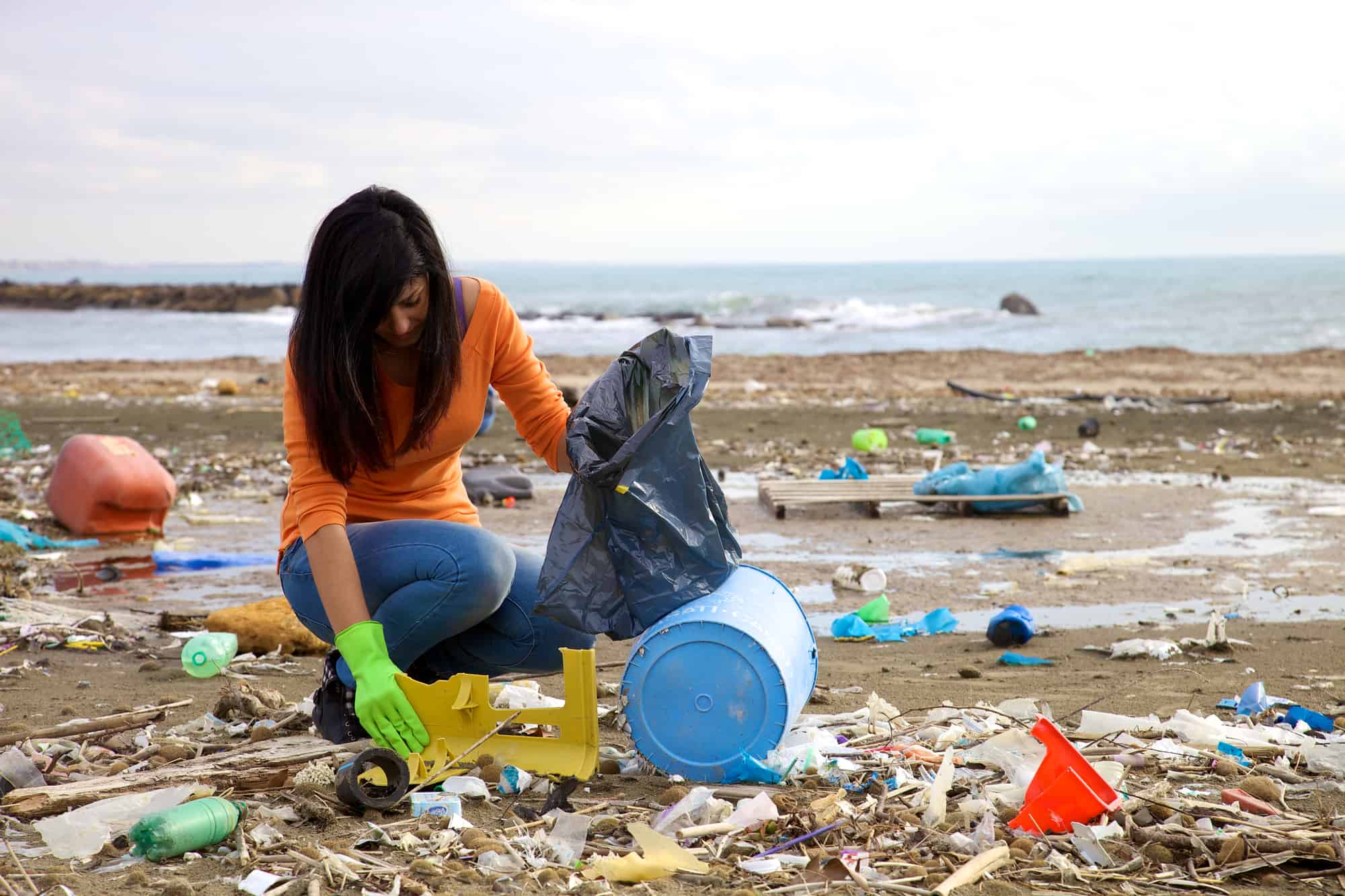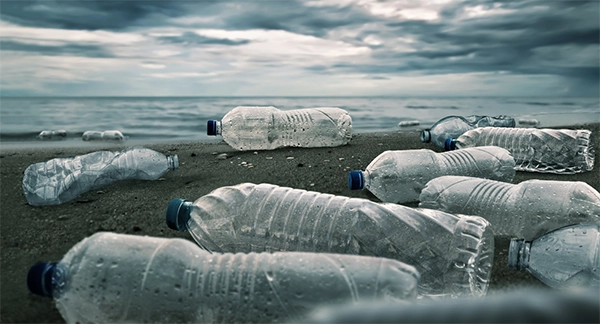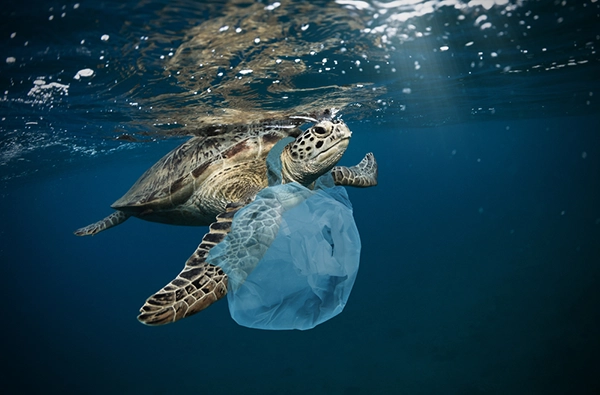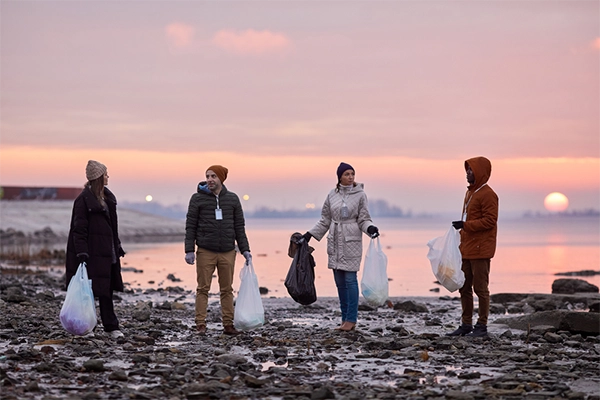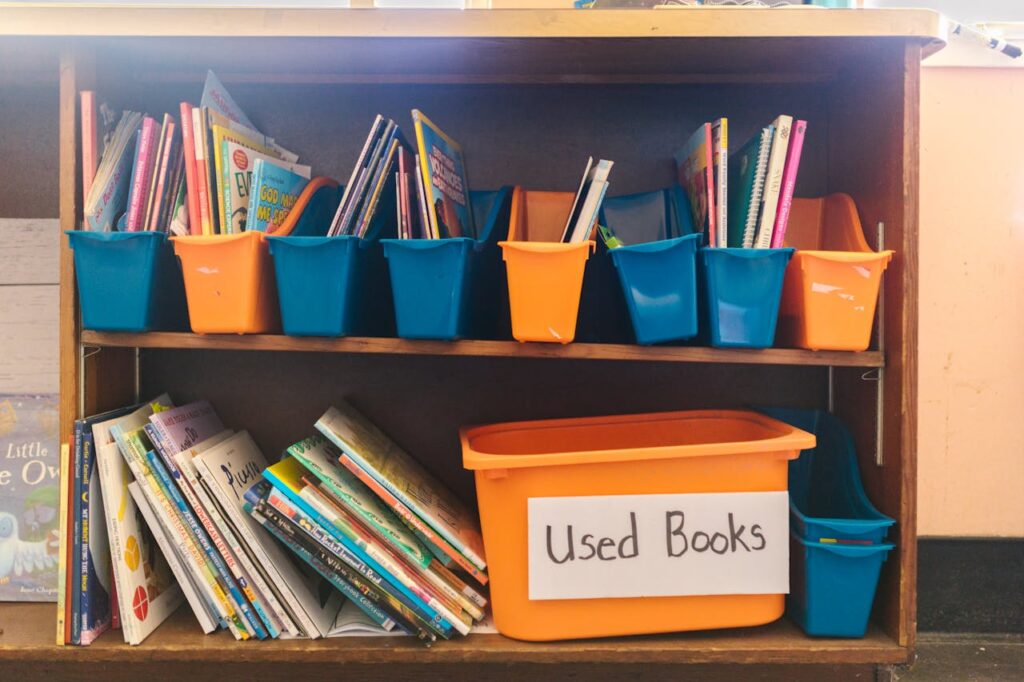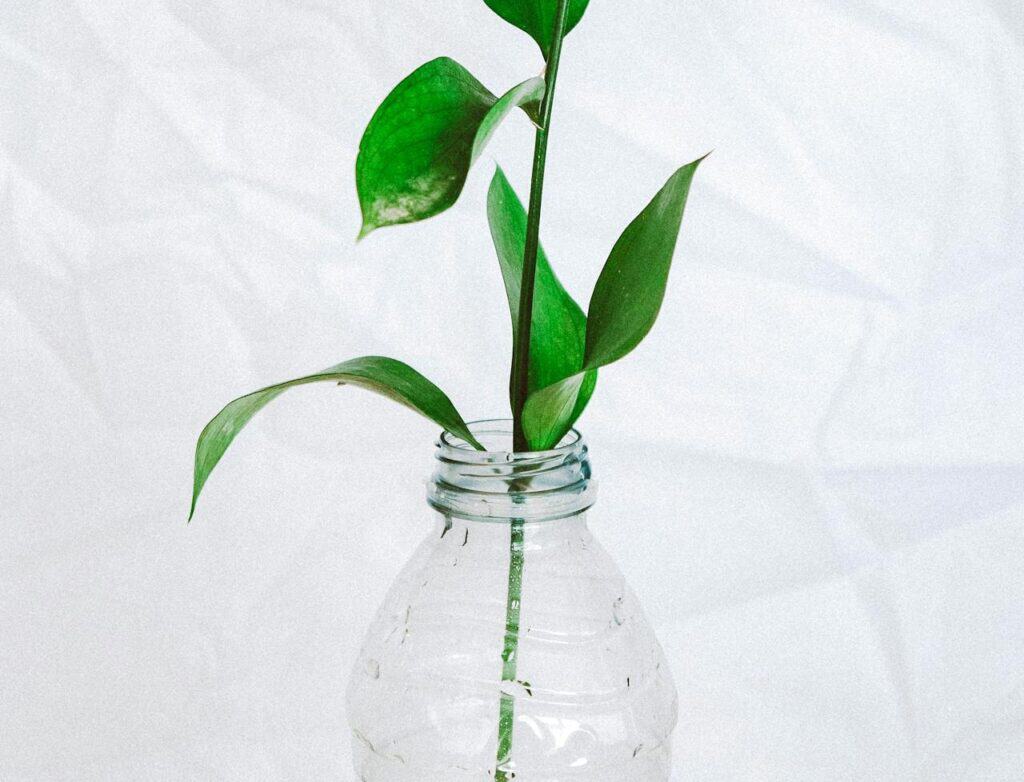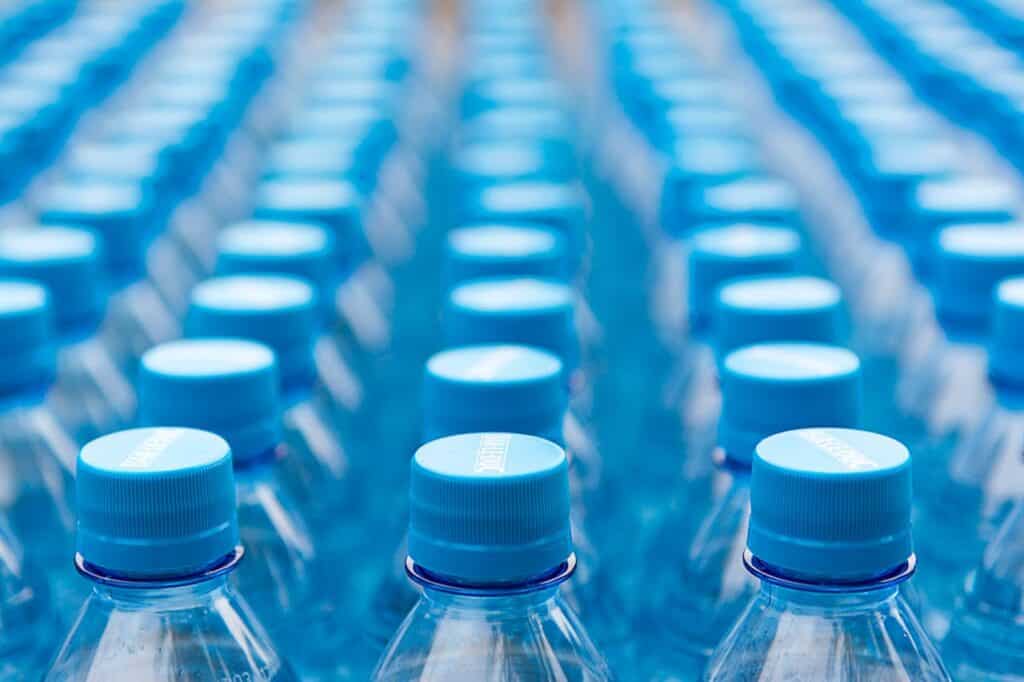- Last Update: October 4, 2024
- Ocean pollution statistics regarding the staggering problem we are facing:
- 50% of all the plastic in the world’s ocean is single-use plastic waste, only 9% is recycled plastic
- 500 billion plastic bags are used every year around the world
- The UK contributes 1.7 million tonnes of plastic per year
- Every year 79% of plastic ends up in landfill or the oceans, 9% is recycled and 12% is industrially incinerated
- Floating between Hawaii and California is the Great Pacific Garbage Patch. It measures over 1.5 million square kilometers in the Pacific ocean. This is around three times the size of the entire country of France
- The US is responsible for around 327 billion plastic bags ending up in the sea every year.
How Much Plastic Is In The Ocean 2024
There are approximately 5.25 trillion macro and microplastic pieces floating in the open ocean. On average, there are 46,000 pieces of plastic per square mile.
The Ellen MacArthur Foundation predicts that there will be up to 950 million tons of ocean plastic by 2050. In 2024, 88% of the sea’s surface is polluted by plastic waste.
How Many Plastic Bottles Are In The Ocean?
More than 8 million tons of plastic bottles enter the sea each year, and it is estimated that in the year 2050 there will be more plastic than fishes in the sea. There are a range of plastic products that are commonly found in the ocean, including bottles, plastic straws, cutlery, bags wrappers and various drinks and food packaging. However, plastic bottle accounts for the most plastic waste found in the world’s oceans.
Plastic Bottle Ocean Waste
How Many Plastic Bags Are In The Ocean?
Annually, approximately 500 billion plastic bags are used worldwide. Whilst less than 1 in 7 plastic bags are recycled. With little amounts of this material being recycled, an estimated 300 million plastic bags each year end up in the Atlantic Ocean.
Plastic Bag Ocean Waste
The Plastic Waste Problem In Our Ocean
Almost 97% of the water on Earth is found in the ocean. Healthy oceans are vital for the survival of the planet. They help to regulate climate and absorb high levels C02, as well as providing a rich source of food for over a billion people.
The Impact On Marine Animals
Plastic in our oceans affects marine species large and small. 100 million marine animals die each year from plastic waste alone. There are many distressing accounts of the suffering caused by pollution in the ocean. Birds and sea turtles become tangled in fish netting or trapped in plastic packaging. One big culprate includes plastic bags, that are made from polyethylene. When this material is mistaken for prey and ingested, they risk suffocation and their stomachs filling with this waste. This often causes illness and death for the animals.
In mammals such as whales, plastic can cause a mother’s milk to become poisonous, threatening the life of her calf who is feeding from her.
Below are a few facts regarding the impact of plastic on marine life:
- Over 1 million seabirds and 100,000 sea creatures die from being tangled in plastic (this is a conservative estimate)
- 100% of baby sea turtles of all species studied have ingested marine debris
- One-third of the fish caught for human consumption contains plastic
How Plastic Pollution In The Ocean Impacts Human Health
Not only is this ingested plastic dangerous for marine environments, but also for human health. Plastic waste can be found on the oceans surface, as floating debris, or on the beaches. Once eaten by aquatic life, it can potentially become part of the human food chain. The primary source of this includes plastic microbeads, which attract and concentrate toxic chemicals.
KEY OCEAN PLASTIC POLLUTION TAKEAWAYS
- 5.25 trillion macro and microplastic pieces are floating in the ocean
- 46,000 pieces of plastic are in each square mile of water
- 100 million marine animals die each year from plastic waste alone
How We Can Help To Stop Ocean Plastic Pollution
Volunteering For Ocean Clear Up Organisations
Whilst plastic enters the ocean every year, there are a range of changes we can make to divert the plastic debris. Many countries have volunteers who spend their time cleaning plastic from the beaches and tending to injured animals. The organisation Ocean Cleanup has an inspiring mission to remove 90% of floating ocean plastic by 2040.
Collecting Ocean Plastic
Spreading Awareness Of Plastic In The Ocean
Personalities such as David Attenborough are leading the push to ban single-use plastics and work to reverse the damage to the ecosystem. Large corporations are also reducing plastic production to help cut plastic pollution. This includes Evian, who pledged to become a circular brand and transform packaging to make all plastic bottles* from 100% recycled PET (rPET) by 2025.
Waste Management & Recycling
Businesses producing large amounts of plastic should have appropriate recycling programs in place. Whilst households should ensure segregation of materials to reduce contamination. This will help to limit the amount of plastic waste finding its way into our oceans and damaging ecosystems, marine life and our environment.
Reducing Plastic Consumption
To find a solution that works for the long term, we need to find alternatives to plastic. Plastic is cheap to produce, light, durable and used in so many of the things that bring convenience to modern life. It’s difficult for today’s society to imagine life without it. Even with all of the efforts to reduce its use, plastic production is expected to double in the next decade.
The Production Of Plastic
Whilst this waste enters oceans, the manufacturing process is also polluting the world monumentally with the use of fossil fuels and toxic chemicals. By 2050, global plastic production and incineration could emit 2.8 gigatons of carbon dioxide per year.
However, as the plastic crisis grows in the global plastics industry, organisations are coming up with innovative ways to reduce plastic waste. This includes new recycling techniques, new materials to reduce plastic usage and sollutions aiding the reduction of plastic pollution.

